With the surge in eco-consciousness, sustainable farming practices are gaining tremendous popularity worldwide. One such practice is vermicomposting—an organic, eco-friendly way of turning waste into nutrient-rich compost using earthworms. But vermicomposting is more than just a green initiative; it has the potential to be highly lucrative. In fact, with proper planning and scaling, a vermicomposting business can turn you into a millionaire. This guide will walk you through everything you need to know to start and grow a profitable vermicomposting business, from initial setup to scaling strategies for maximizing profit.
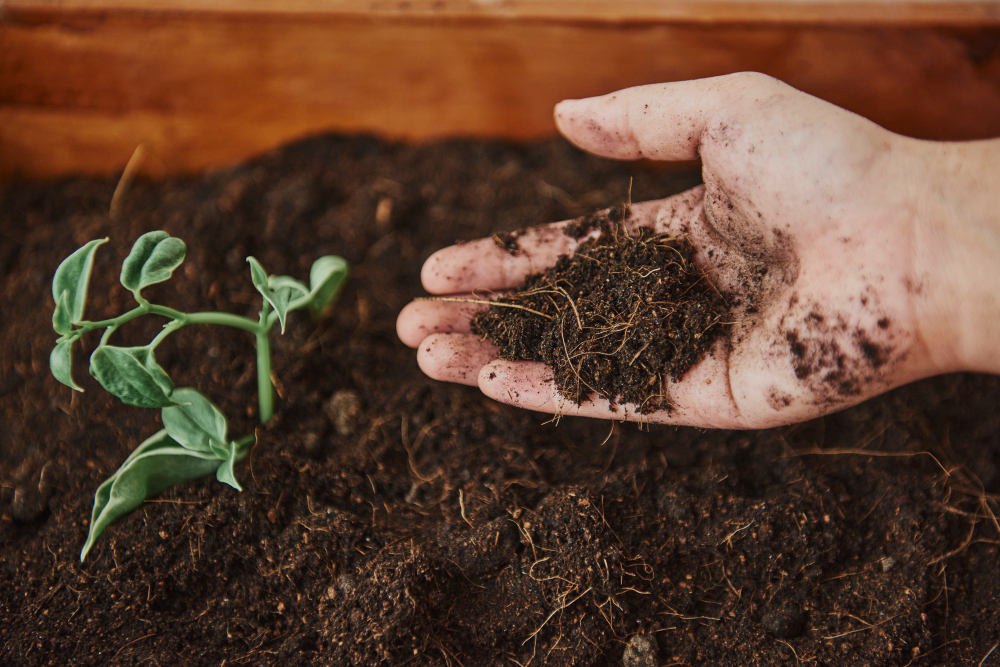 Pin
Pin Image by rawpixel.com on Freepik
Table of Contents
What is Vermicomposting?
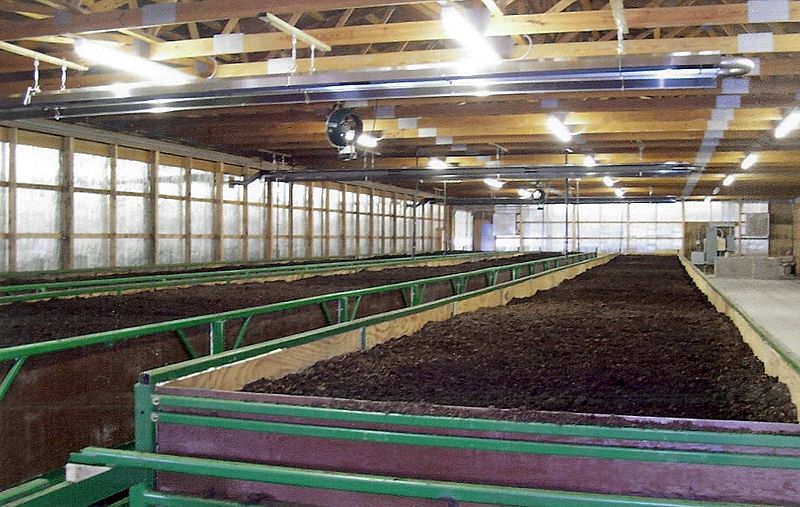 Pin
Pin Image from Wikimedia Commons
Vermicomposting is the process of using worms, typically red wigglers or earthworms, to convert organic waste into a nutrient-rich compost called vermicast or worm castings. This compost is highly valuable as a natural fertilizer, as it improves soil structure, enhances water retention, and provides essential nutrients for plant growth. Vermicomposting is widely recognized in organic farming, landscaping, and gardening sectors, which means there’s a substantial demand for the product.
Why Vermicomposting is a Lucrative Business Opportunity
The global organic fertilizer market is growing rapidly, and vermicompost is one of the most in-demand products within this market. Here’s why vermicomposting is a promising business idea:
- Low Startup Costs: Vermicomposting can start with minimal initial investment. You need a small space, a basic bin setup, and a small amount of organic waste to get started.
- Eco-Friendly Process: Vermicomposting recycles organic waste, reducing landfill burden and environmental impact.
- High Demand for Organic Fertilizers: With the growth in organic farming and gardening, the demand for vermicompost is only increasing.
- Scalable Business: Once established, vermicomposting is scalable, and you can expand production by increasing worm colonies and waste processing capacity.
By learning how to make vermicompost and build your own business around it, you could transform an eco-friendly hobby into a highly profitable venture.
Step 1: Setting Up Your Vermicomposting System
1.1 Choosing the Right Worms: The first step in vermicomposting is selecting the right worms. Not all worms are suited for this process, but Eisenia fetida (commonly known as red wigglers) are the most widely used. They have a high reproduction rate, are easy to maintain, and are highly efficient at converting organic material into compost.
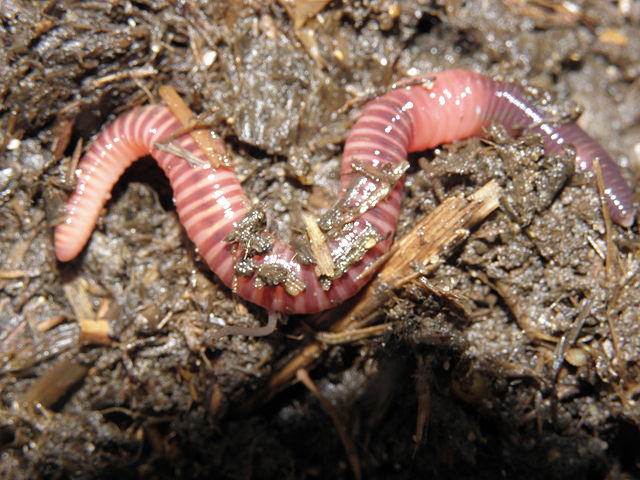 Pin
Pin Image by Wikimedia Commons
1.2 Creating the Worm Bin: Your worm bin will house the worms and composting material. You can either purchase a commercial vermicomposting bin or make one yourself.
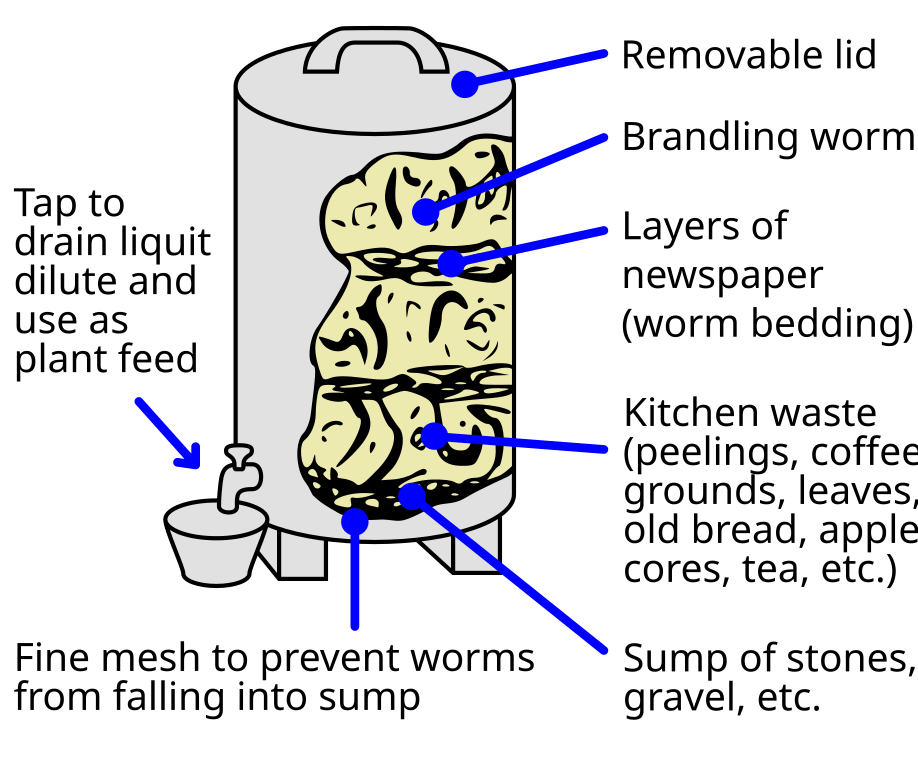 Pin
Pin Image by Wikimedia Commons
Here are some important considerations:
- Size and Material: Choose a bin size depending on the amount of organic waste you plan to compost. For small-scale composting, a plastic or wooden bin with adequate drainage and ventilation holes is ideal.
- Temperature and Moisture Control: Maintain the bin’s temperature between 55°F and 77°F (13°C to 25°C) and a moisture level that feels like a damp sponge. Too much moisture or heat can harm the worms.
1.3 Adding Bedding Material: The bedding is essential for a healthy vermicomposting environment. It serves as both food and habitat for the worms.
Good bedding materials include:
- Shredded newspaper
- Cardboard
- Coco coir
- Peat moss
- Dead leaves
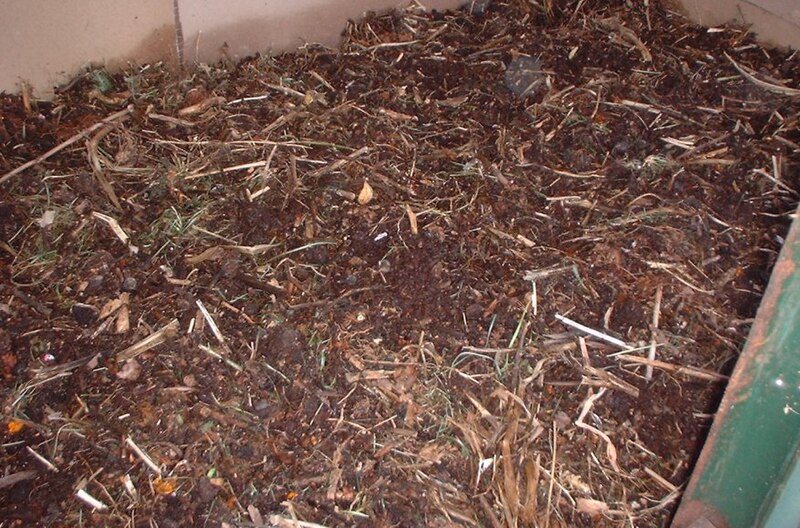 Pin
Pin Image by Wikimedia Commons
Soak the bedding in water and squeeze out the excess moisture before adding it to the bin. A few inches of bedding at the bottom is usually sufficient.
1.4 Introducing the Worms to Their New Home: Place the worms gently on top of the bedding. Over time, they will burrow down and start breaking down the bedding and food scraps. Avoid overloading the bin with food initially, as the worms will take time to adjust.
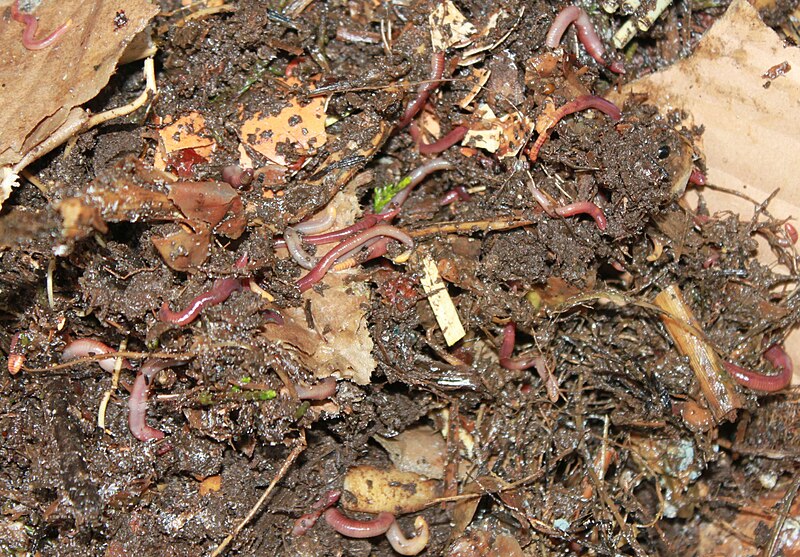 Pin
Pin Image by Wikimedia Commons
Step 2: Feeding and Managing Your Worms
2.1 What to Feed Your Worms: Organic waste such as fruit and vegetable scraps, coffee grounds, crushed eggshells, and cardboard are excellent worm food.
However, avoid:
- Meat and dairy products (attracts pests)
- Oily or greasy foods
- Highly acidic foods like citrus peels
- Onions and garlic (unpleasant for worms)
 Pin
Pin Image by Freepik
2.2 Proper Feeding Practices:
- Feed Small Amounts: Start by feeding your worms small amounts of food once a week. As they reproduce, you can gradually increase the amount.
- Chop or Blend Food: Chopping or blending food scraps helps worms digest the material faster, accelerating compost production.
- Avoid Overfeeding: Overfeeding can lead to odor problems and attract pests. If you notice uneaten food, reduce the amount you’re feeding.
Step 3: Harvesting the Vermicompost
3.1 When to Harvest: It typically takes three to six months to produce vermicompost, depending on factors like temperature, moisture, and feeding rate. You’ll know it’s ready when the bedding has broken down into a dark, crumbly material.
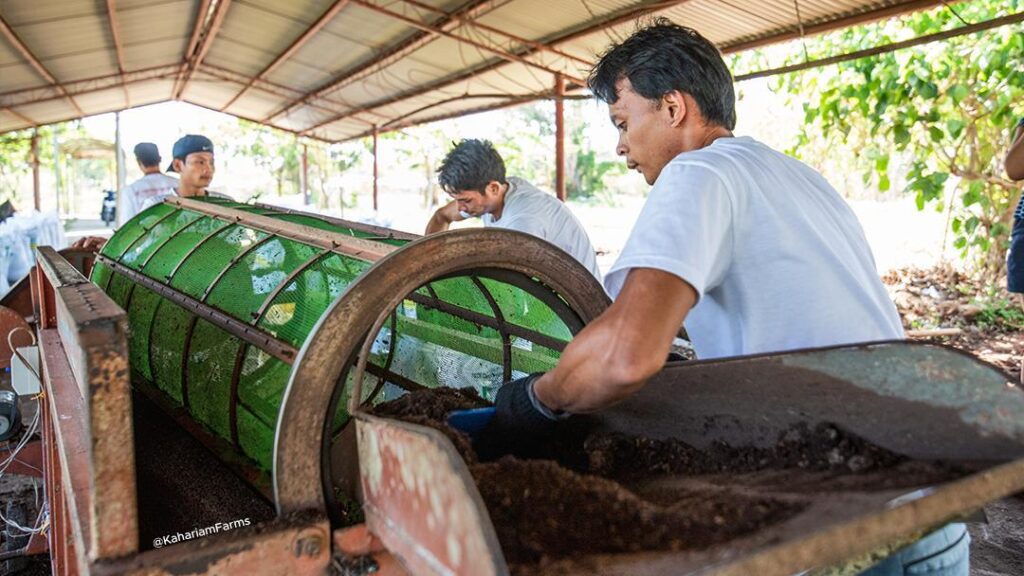 Pin
Pin Image by @kahariamfarms
3.2 How to Harvest: There are several methods to separate the worms from the compost:
- Manual Separation: Scoop out the compost, place it in small piles under light, and the worms will burrow down. Gently remove the top layers of compost until only worms are left.
- Side Feeding Method: Place fresh bedding and food on one side of the bin, and wait for the worms to migrate. Harvest the finished compost from the other side.
3.3 Storing and Packaging Vermicompost
Once harvested, vermicompost can be stored in breathable bags to retain its quality. For commercial purposes, package it in convenient-sized bags for easy sale and transport.
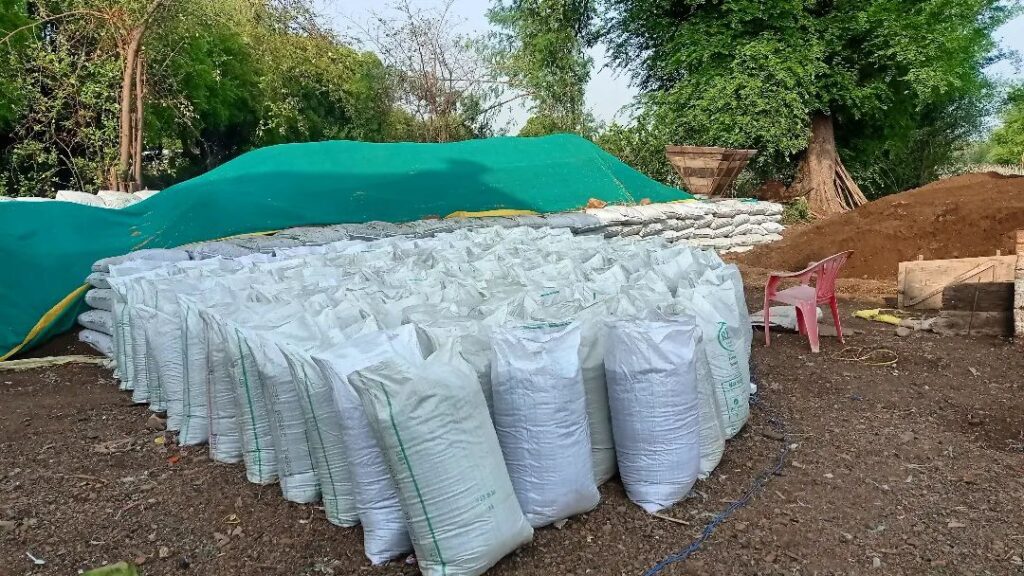 Pin
Pin Image by @dhareagrorganic
Step 4: Marketing and Selling Your Vermicompost
4.1 Identifying Your Target Market: The potential market for vermicompost includes –
- Organic farmers
- Home gardeners
- Landscaping companies
- Nurseries and plant shops
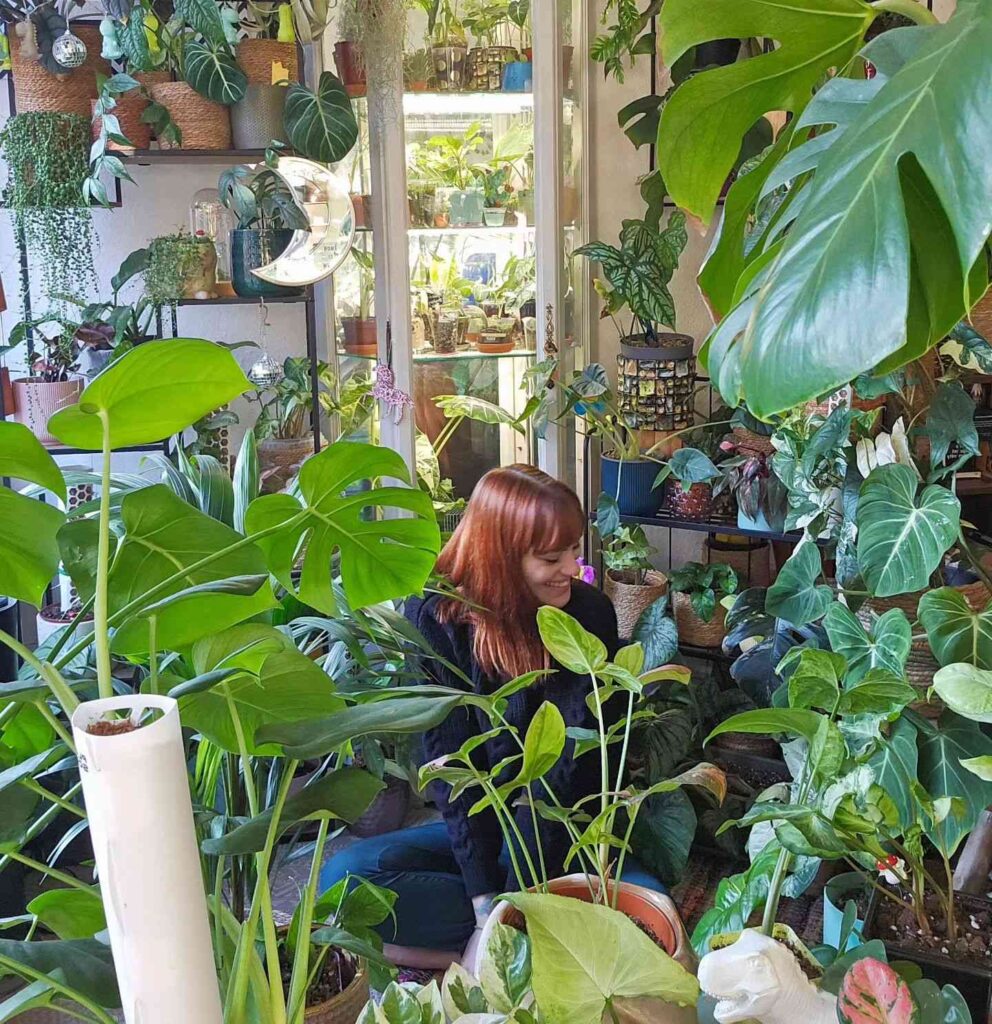 Pin
Pin Image by @living.junglee
4.2 Pricing Your Product: Research local market prices and keep your pricing competitive. High-quality vermicompost can sell for $1 to $2 per pound, depending on your region and market demand.
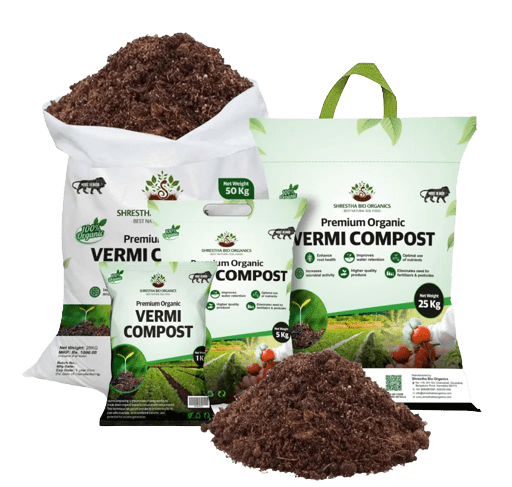 Pin
Pin Image source: Shrestha Bio Organics
4.3 Building a Brand: To stand out, create a brand that highlights the eco-friendly, sustainable nature of your vermicompost. Consider a catchy name and attractive packaging that appeals to eco-conscious consumers. Offering bulk options for farmers and landscapers can also boost sales.
4.4 Marketing Channels:
- Social Media: Showcase the benefits of vermicompost on platforms like Instagram and Facebook.
- Farmers’ Markets: Selling directly at local farmers’ markets can be highly effective for reaching organic farmers and gardeners.
- E-commerce: Online platforms like Etsy, eBay, and Amazon can extend your reach.
- Collaborate with Local Businesses: Partner with nurseries and gardening stores to distribute your product.
 Pin
Pin Image source: localline.co
Step 5: Scaling Your Vermicomposting Business
Once you’ve established a local customer base, you can start scaling up to meet higher demand. Here are some ways to expand:
5.1 Increasing Production: Increase the size of your worm colonies and invest in larger or additional composting bins. Consider automated systems for large-scale vermicomposting to streamline processes.
 Pin
Pin Image source: Wikimedia Commons
5.2 Exploring Value-Added Products
In addition to vermicompost, you can sell:
- Worm Castings Tea: A liquid fertilizer made from soaking castings in water, highly popular with gardeners.
- Live Worms: Sell worms to other composters or fishermen.
- Educational Workshops: Teach workshops on vermicomposting, which can attract hobbyists and potential business clients.
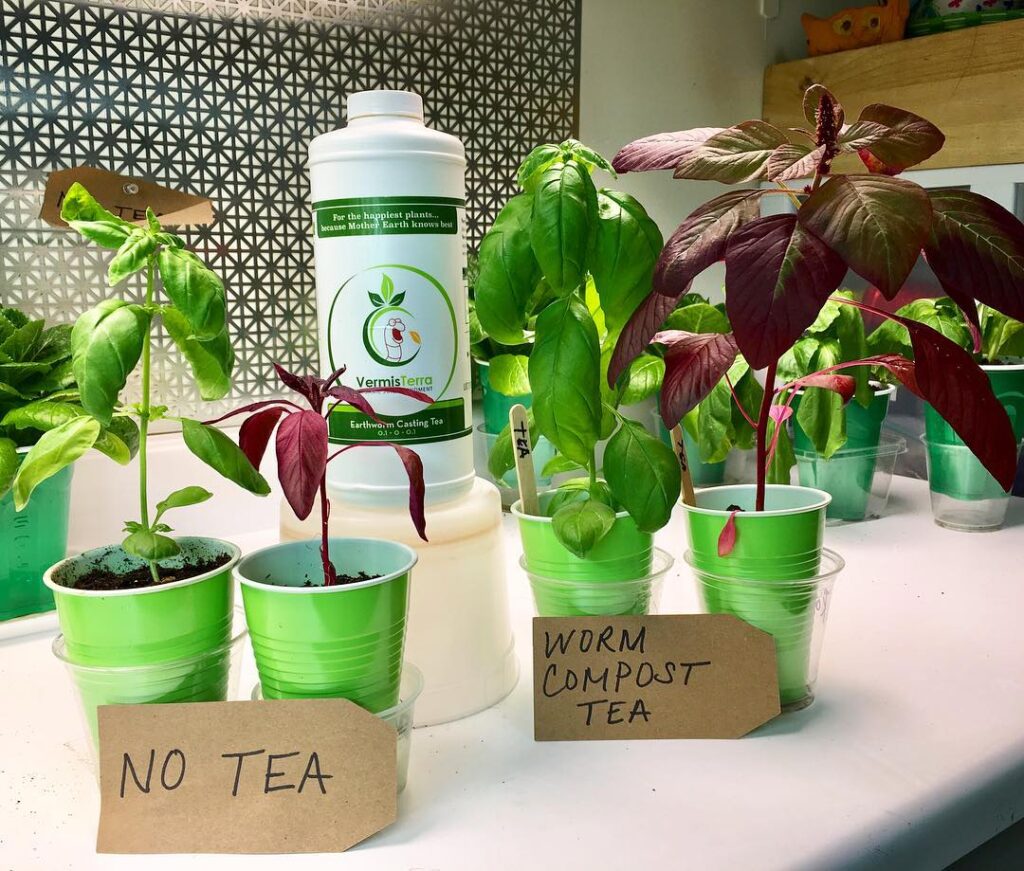 Pin
Pin Image by @learntogrow
5.3 Building Partnerships: Collaborate with organic farms, nurseries, and garden centers to establish regular sales channels. Offering subscription plans for regular deliveries of vermicompost can create a steady income stream.
5.4 Expanding into Wholesale Markets: When demand is high, consider selling vermicompost in bulk to landscaping companies, agricultural cooperatives, and even municipalities looking to improve soil health in public parks.
Inspiring Examples of Real-life Entrepreneurs who turned Vermicomposting into Successful Businesses
1. Sustainable Organic Solutions (SOS) – India
Founder: Dr. Bhosale, an agricultural scientist
Dr. Bhosale, from Pune, India, started Sustainable Organic Solutions with a vision to make organic farming accessible and affordable. He focused on producing high-quality vermicompost for farmers across Maharashtra. His initiative provided an eco-friendly fertilizer alternative while creating job opportunities in rural areas. Over the years, SOS has grown to supply vermicompost to organic farms, local markets, and urban gardeners.
SOS now supplies over 1,000 tons of vermicompost annually, supporting local agriculture and reducing synthetic fertilizer use.
2. Worm Works Composting – United States
Founder: Todd O’Connell
Todd O’Connell was a landscaping professional who noticed the rising demand for organic fertilizers. In 2006, he started Worm Works Composting in the U.S., a company that specializes in vermicompost production and sales. By partnering with local farms and waste management services to source organic waste, he created a sustainable business model that prioritizes local sourcing and waste reduction.
Today, Worm Works supplies vermicompost to several organic farms and landscaping companies, with annual revenues in the six figures. Todd’s company also educates people about composting through workshops and seminars.
3. Eden Earthworks – Philippines
Founder: Corazon Mercado
Corazon Mercado started her business, Eden Earthworks, in the Philippines after seeing how poor soil health affected local farms. She began with a small composting setup in her backyard, creating vermicompost from kitchen scraps and agricultural waste. Her operation expanded as local farmers saw the benefits of her organic fertilizer.
Eden Earthworks now supplies vermicompost to hundreds of farmers and gardeners across the region, helping improve crop yields and reduce reliance on chemical fertilizers. Corazon’s business also supports waste management efforts by redirecting organic waste from landfills.
4. The Urban Worm Company – United Kingdom
Founder: Tom Sawyer
Tom Sawyer started The Urban Worm Company in the UK, focusing on vermicomposting education and products. His company sells worm bins, vermicompost, and worms, with a strong emphasis on making composting accessible to urban gardeners. Tom leveraged the growing interest in urban gardening and sustainability to build a thriving business that educates people on reducing food waste at home.
Today, The Urban Worm Company has a broad customer base across the UK and Europe. Tom’s educational workshops and informative resources have made vermicomposting a popular and profitable trend in urban areas.
5. Kisan Vermi – Kenya
Founder: Samuel Njuguna
Samuel Njuguna, an agripreneur from Kenya, founded Kisan Vermi to support local farmers with affordable, organic fertilizer. Starting with a small investment, Samuel began producing vermicompost using agricultural waste and encouraged nearby farmers to do the same. His initiative became especially impactful in areas where soil degradation had significantly affected farming yields.
Kisan Vermi has expanded to multiple regions in Kenya, and Samuel now trains other entrepreneurs to set up their own vermicomposting businesses. His venture has helped thousands of Kenyan farmers transition to organic farming while increasing their income and sustainability practices.
Success Tips for Profitable Vermicomposting
- Quality Control: Always maintain the quality of your vermicompost. A consistent, high-quality product will earn you loyal customers.
- Stay Updated: Learn from industry trends and consumer preferences. Attend agricultural fairs, workshops, and network with other composting entrepreneurs.
- Invest in Education: Educate potential clients on the benefits of vermicompost to foster greater interest and demand.
- Focus on Sustainability: Sustainable, eco-friendly practices not only attract customers but also reduce operational costs.
Conclusion
Vermicomposting is a rewarding venture that turns waste into wealth while promoting sustainability. By starting small, learning the ins and outs of composting, and scaling strategically, you can turn vermicomposting into a highly profitable business. With dedication, patience, and a strong market strategy, making vermicompost could pave your way to millionaire status.





























